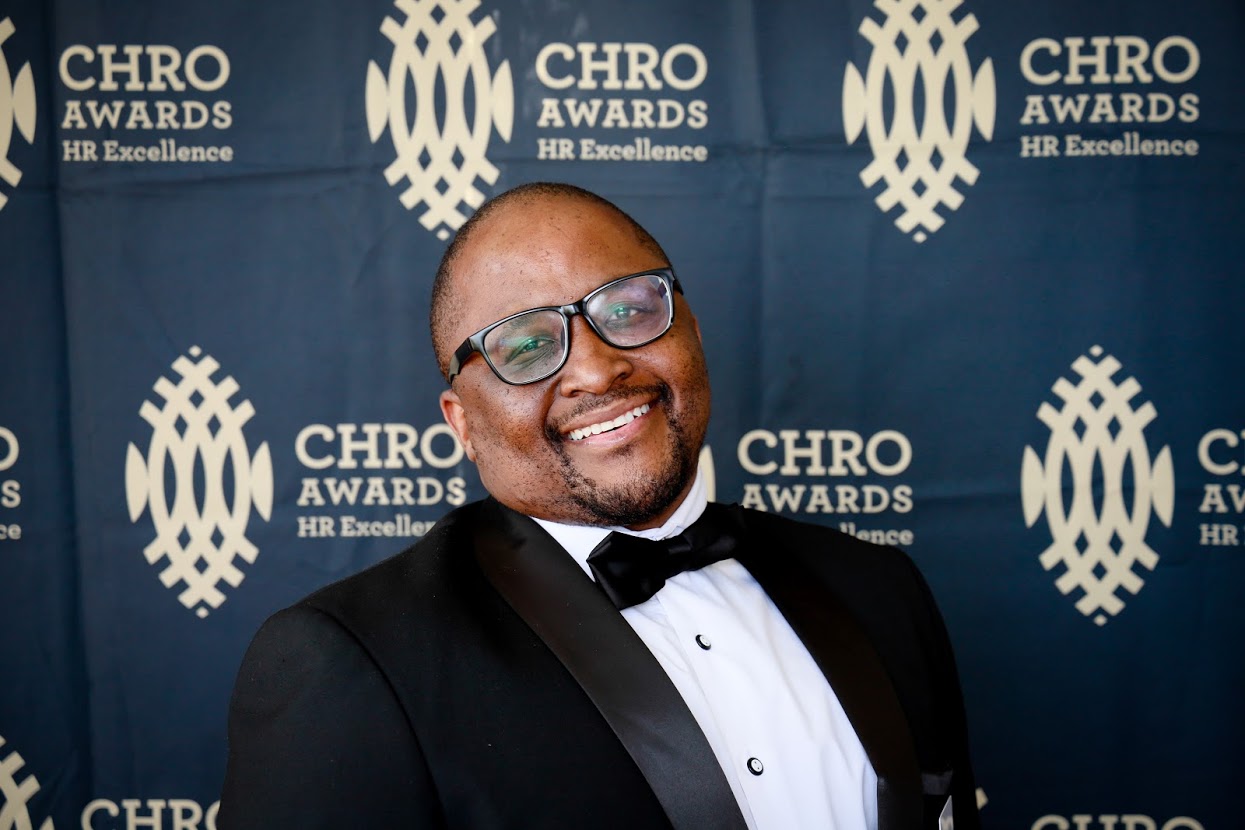HR leaders lent each other comforting ears in the face of having to executing retrenchments.
In this week’s community conversation, Bridgestone HR director Julia Modise, Cisco HR director Andisa Liba and Tsebo Solutions group CHRO Elanie Kruger had a heart-to-heart about the challenges facing HR leaders in these times. Despite being the only three in attendance, the one-hour session could not have been more valuable as they discussed retrenchments, survivor guilt and the need to look after themselves as Covid-19 continues to decimate the economy. It was a conversation that truly revealed the value of the CHRO Community.
Julia opened the conversation by discussing how Bridgestone recently had to close its oldest plant in Port Elizabeth. When the company opened its doors in South Africa (when it was still called Firestone), that plant was its home.
“We had to make the difficult decision to shut the plant down for a variety of reasons, in recent years we have seen our financial performance come under pressure due to a variety of economic conditions and industry factors.
In addition, our Bridgestone’s Port Elizabeth plant was specifically geared towards the production of older bias tyres, which are globally in decline and being phased out in South Africa as it is an unprofitable market.
The effects of a shrinking economy and an influx of cheap imports compounded by rapid changes in the tyre industry prompted us to restructure our operations.
The agricultural industry is shifting to radial tyres, which are longer-lasting, and the production of which is modern and high-speed. To produce radial tyres an investment in a completely new multi-billion-rand plant would be needed, which was not feasible in the current economy.
This decision impacting over 200 employees was exceptionally difficult for the company, and we arrived at this decision, after exhausting multiple alternatives.
Some employees who were willing to move outside of Port Elizabeth were redeployed elsewhere in the business where we had open vacancies. But we all know that it’s difficult to uproot people out of the coastal areas. What made the process even more difficult was the timing. Having to execute the plant closure right in the middle of a pandemic, Julia said, was beyond challenging. The number of job losses and scale of unemployment in the Eastern Cape province made this process even more heart wrenching and difficult, given the tough economic conditions in the Eastern Cape and limited prospects of new jobs.
Survivor guilt
In addition to ensuring that the process was as fair as possible and that Bridgestone provided adequate support to employees throughout the process, Julia said there was the added challenge of having to help the 2,000+employees who remain. Typically associated with the feelings of guilt that people have after surviving a life-threatening event (e.g., surviving a car crash in which others didn’t survive), survivor guilt is also felt after retrenchments, and many studies have shown a drop-off in productivity as a result. Bridgestone therefore invested resources into driving engagement and motivation, for all employees.
Said Julia: “Survivor’s guilt is a form of post-traumatic stress disorder. In that plant, the average tenure was over 18 years. And you find people seeing their colleagues for that amount of time losing their jobs, so it’s been important that we acknowledge that survivor’s guilt exists and that we provide employees with the support structures that enable them to deal with it. We have been leveraging our employee wellness programme, running sessions with employees and having an open conversation with them to speak about how they are feeling. Managers that these employees will be reporting to have to do regular check-ins to ensure that they are managing it.”
Julia said many of the remaining employees were also dealing with their integration into new teams and adjustment into a new province. This meant they were moving house, finding new schools for children, and so forth. “It can be pretty taxing on employees. That’s why we have a very robust six-month reintegration programme that we are launching in the new year, to help our employees deal with all of this.”
Emotionally taxing
Elanie said she had gone through the same thing. “It's encouraging to have a discussion like this and allow ourselves to feel and reflect on what a trying time this is for all South Africans,” she said, explaining that HR teams often have to stay strong for their people and prevent their emotions from getting the better of them. This is especially true in service industries like theirs, where people actually can't work from home. At Tsebo solutions, less than two percent of the workforce works from home because most employees work at their clients’ premises.
“We have had to deal with many cases of clients saying, ‘Look, we are not planning on reopening our offices,’ and that has meant our people can’t work. It’s not easy. We have to be the ones to instil hope in our people, because they see us as their champions and look to us to tell them that there is light at the end of the tunnel. And that’s incredibly difficult,” said Elanie.
Look after yourself
The conversation then turned to what HR leaders can do to take care of themselves during such difficult periods. Julia mentioned how, in the week after they had to close the factory, she became physically ill. At the same time, four of her team members who went down to Port Elizabeth tested positive for Covid-19 and they could not come back home. As soon as the hotel found that they were positive, they were thrown out. One of her team members became quite critical as their condition worsened, and they could not secure a bed in a private hospital.
“So you can imagine the strain that this whole ordeal has put on the HR team and their families. When I became sick, it opened my eyes to how emotionally draining processes can manifest physically,” said Julia, adding that she is fortunate to have had the support of such a close-knit executive team. That, combined with regular exercise, has been key to her keeping strong throughout this difficult period.
Andisa said that she had been very intentional about her mental wellness since the beginning of lockdown. That has meant accessing the very same EAP programme that is available to employees and keeping track of her own stress levels. She often makes it a point to take long weekends, whether it was a Monday off or a Friday off, during which she can simply disconnect and recharge.
Elanie said she’s always been one to thrive under pressure, and therefore sometimes neglects her own wellness when there’s a lot of work to be done. That is why she was among the first people to return to the office.
“I realised I was simply working too hard. I struggled with separating work from home and it often meant I was in the home office for 12 to 16 hours a day. It really wasn’t sustainable. But now that I’m back in the office, I’m at my happy place. I can get work done and go home and be with my family without feeling the need to plug in and answer emails.
All in all, the conversation was a much-needed one, with three powerhouse HR leaders agreeing that it was a blessing in disguise that they were the only ones who joined the conversation, as it provided a moment to let it all out.












